Corona robot reminds people to sanitize their hands at CBS
For 40 minutes, one of the usual corona stewards at CBS was replaced by a robot operated by CBS students to encourage people to sanitize their hands on entering Solbjerg Plads. CBS WIRE tagged along to observe the robot’s performance.
The robot twirls around and drives back and forth on the floor in auditorium SPs.16 while Professor Kim Normann Andersen explains today’s exercise to the students.
The students, who are taking the elective ‘The Robot Armada is Coming: What’s Next Manager?’ will have to use the robot to see if they can encourage people entering Solbjerg Plads through the entrance facing FRB.C Shopping (Frederiksberg Centeret) to sanitize their hands.
“You’ll have to think about what you want to say to people. Will you yell at them? Follow them until they sanitize their hands? Or ask them politely to do so? Maybe you need to give some positive feedback when they have sanitized their hands?” Kim Normann Andersen from the Department of Digitalization tells the students.
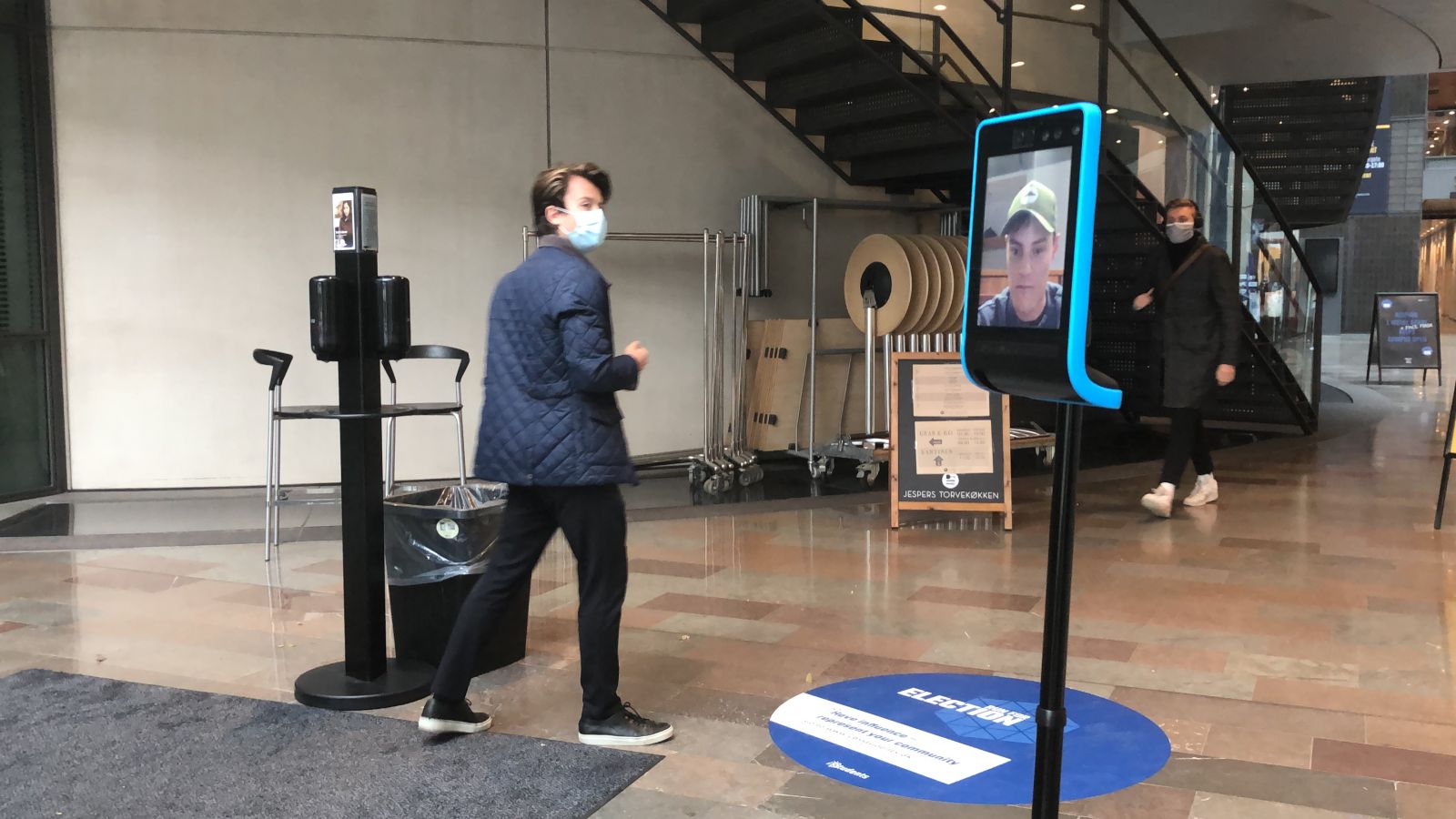
A little while ago, Kim Normann Andersen entered Solbjerg Plads through an entrance not guarded by one of CBS’ corona stewards. He observed that not everyone disinfected their hands.
“It’s a question of resources. CBS can’t afford to have corona stewards at all entrances, but maybe a robot could do the job instead? That was how I came up with the idea for the experiment, and luckily René Steffensen, the Campus Director, gave me the green light to run the experiment with the students,” says Kim Normann Andersen.
In the auditorium, Kim Normann Andersen, with help from Associate Professor Jacob Nørbjerg from the same department, introduces the students to how to operate a robot called Double Robotics 3, which is basically an iPad on wheels.
Through their computers, the students can connect with the robot and have their faces shown on the robot’s screen via the webcam. The robot has loudspeakers and microphones installed, so that the students can interact with students, faculty and guests arriving at CBS.
“It travels quite fast, so please don’t run into any faculty or students,” says Kim Normann Andersen and laughs, while the students take turns connecting to and operating the robot in the auditorium, before letting the robot loose in the halls.
Hello girls! My name is Kersten
The experiment is only scheduled to run for about 40 minutes, but Kim Normann Andersen expects that will be enough time to confirm or disprove his theory; that the robot’s presence will make people remember to sanitize their hands.
“Can a robot replace a human and do something as simple as reminding people to disinfect their hands? I expect that’s the case,” he says and continues:
“I’m curious to see what works in terms of how the students will interact with people. Should the robot give some sort of positive feedback when people disinfect their hands? Like: Oh, thank you! You have saved CBS and shown community spirit. Have a nice day!”
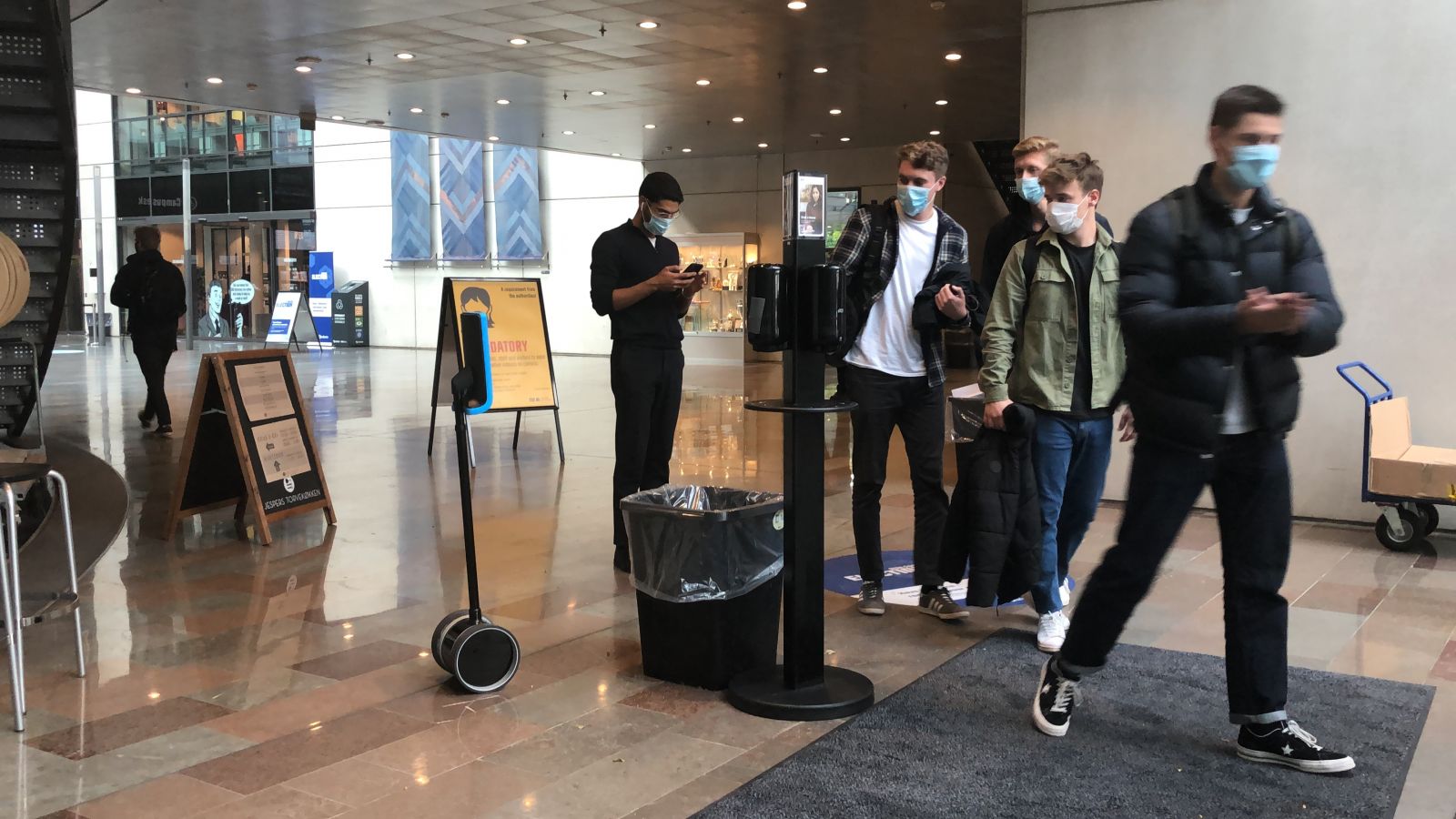
Linea Petersen, Patrick Ahmed and Kersten Nystedt are three students taking the elective, and they all agree that the experiment is fun.
“It’s really nice to do something in practice and especially with robots. Robots are often associated with something dystopian that we relate to science fiction like Star Wars, so seeing it in real life is cool,” says Kersten Nystedt.
While Linea Petersen, Patrick Ahmed and Kerstin Nystedt operate the robot, CBS WIRE observes from a distance. Kerstin Nystedt’s face appears on the screen and she waves her hands at people who have not sanitized their hands.
“People reacted differently to the robot. Some said: ‘Wow, a robot’. But I think we managed to make it somewhat human,” says Linea Petersen.
Kerstin Nystedt continues:
“I think it worked to introduce myself. Like when I said, ‘Hello girls, my name is Kersten’.”
“Groups were much more active and easier to interact with,” adds Patrick Ahmed, “but in general people responded positively to it. Which is promising, as I think people are generally skeptical towards robots.”
Back in the auditorium, other groups have taken over operating the robot and are trying to interact with passersby.
“Hey, hey! Can you hear me? Remember to sanitize your hands. Thank you, have a nice day,” says a student to his computer’s webcam, which is connected to the robot screen.
“Have you remembered to sanitize today? Yes? That’s good, have a nice day!”
Good for crises
After the experiment, Kim Normann Andersen asks his students to list positive and negative experiences from the experiment.
For example, using a robot like this one can reduce the risk of corona stewards catching the virus, and several groups experienced that people interacted with the robot in a positive way.
However, this generation of robots has some challenges.
Oh, thank you! You have saved CBS and shown community spirit. Have a nice day
Kim Normann Andersen
For example, the sound level was very low, making it hard for passersby to hear what was said, the battery was almost drained after the 40 minute session, and the students thought it would be hard to operate more than one robot at a time, as you have to watch every person walking into CBS very carefully to see if they disinfect their hands.
Kim Normann Andersen hopes that more experiments like this can show situations when robots like the Double Robotics 3 can be useful. He has also tested this kind of robot in primary schools where teachers had split up their classes in order to meet the distance requirements, and as the teacher could not be in two places at once, the robot could perhaps act as a substitute.
“I believe that they can be used to supplement our weapons against further COVID-spreading. The robots can help us keep our distance, sanitize our hands and so on and so forth,” he says.



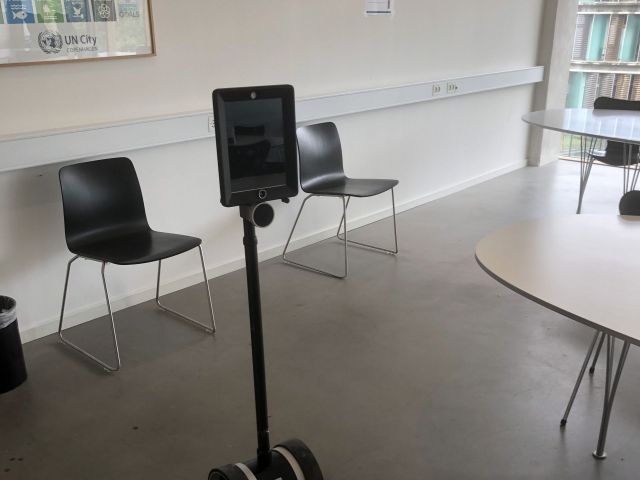
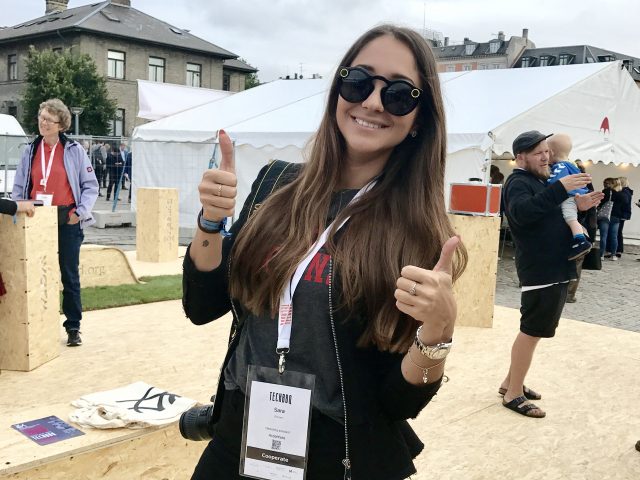
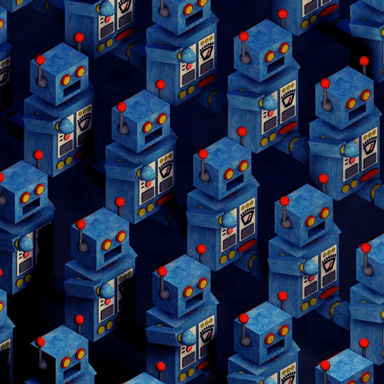

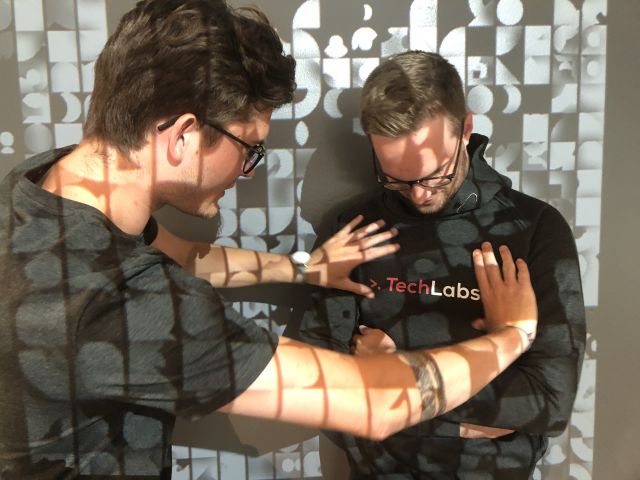
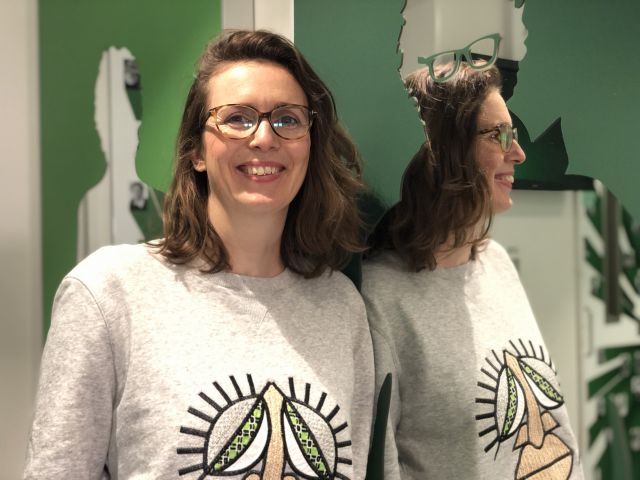
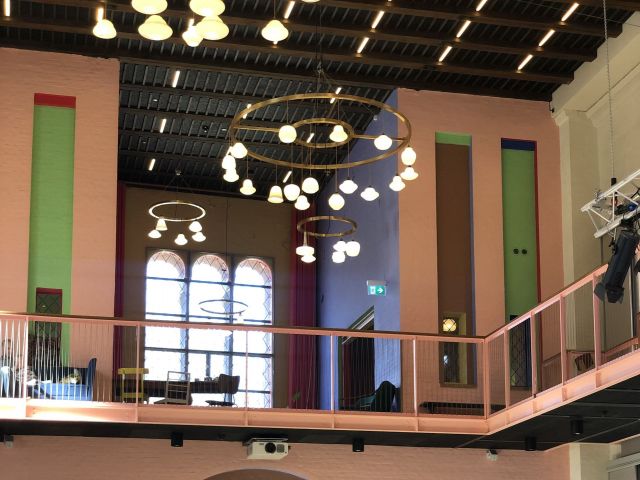





























































































































Comments